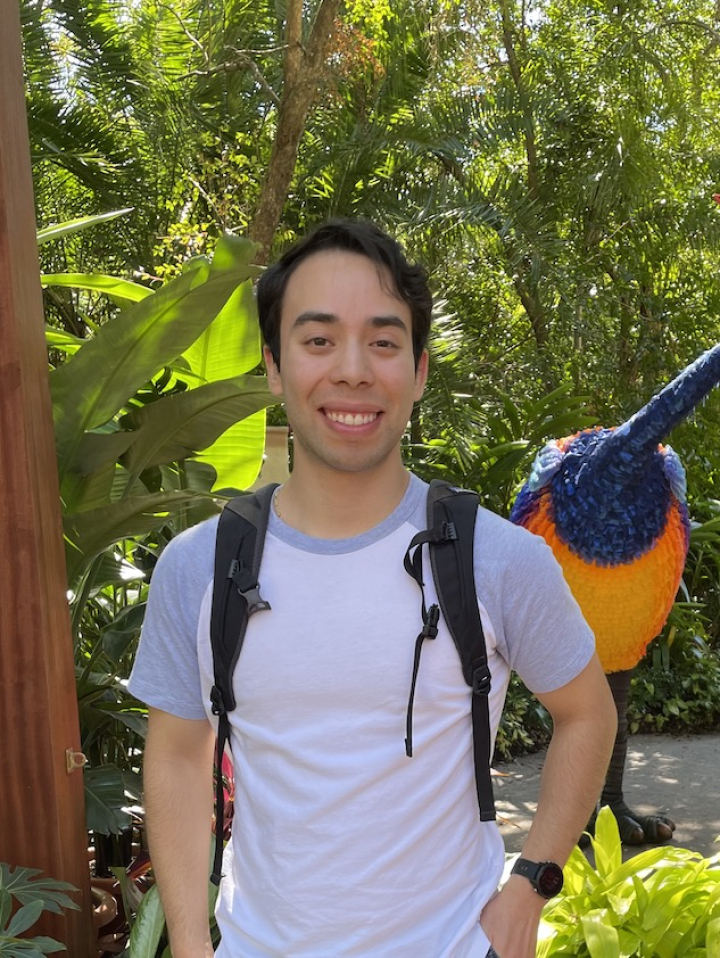UMD Computer Science Alum and Ph.D. Student Receives Prestigious Department of Defense Fellowship
Pedro Sandoval-Segura, UMD alum (M.S. '21, computer science) and current doctoral student in the Department of Computer Science at UMD, received a 2023 National Defense Science and Engineering Graduate (NDSEG) Fellowship. The fellowship, established by Congress in 1989, aims to bolster the number of U.S. citizens pursuing doctoral degrees in science and engineering disciplines relevant to the Department of Defense.
Sandoval-Segura was one of only 165 individuals from 68 institutions nationwide this year to receive one of the three-year fellowships, which provide the students with funding for all tuition, mandatory fees and health insurance; a monthly stipend; and a travel budget for professional development.
"I am honored and grateful to receive the NDSEG fellowship," Sandoval-Segura said. "I also want to thank my advisors, Professors David Jacobs and Tom Goldstein, who have been supportive even during the pandemic, guiding my work and making this achievement possible."
Sandoval-Segura’s research focuses on dataset poisoning, where an adversary modifies training data to hinder practical data training. When effectively employed, data poisoning can grant malicious individuals a concealed pathway into machine learning models, empowering them to override systems under the control of artificial intelligence algorithms.
The fellowship also provides a unique opportunity for Sandoval-Segura to engage with top researchers and professionals in the field.
"Dataset poisoning has potential applications for privacy protection and secure dataset release to specific users and will do wonders for users from all over the world looking for safer artificial intelligence," Sandoval-Segura explained. "The fellowship will offer an opportunity to get insight from leading experts and will allow me to explore neural network algorithms that would undoubtedly help us address vulnerabilities in this complex problem."
—Story by Samuel Malede Zewdu, CS Communications
The Department welcomes comments, suggestions and corrections. Send email to editor [-at-] cs [dot] umd [dot] edu.
